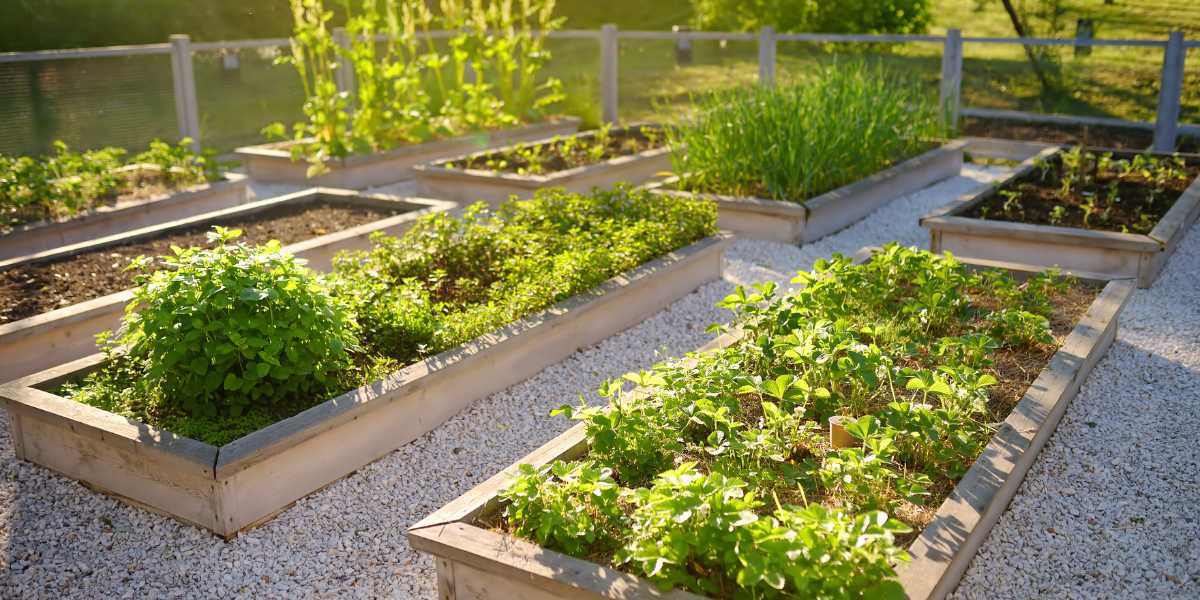In urban settings, where every square foot counts, choosing to cultivate vegetables and fruits that pack a nutritional punch can significantly enhance the quality of your diet. As an urban gardener, you not only gain the freshest produce but also help combat food insecurities by growing crops rich in essential nutrients. Furthermore, urban gardening practices are a cornerstone of sustainable living, contributing positively to environmental health by reducing food transportation emissions.
Top Nutrient-Dense Crops for Urban Gardens
- Broccoli: Known for its cancer-fighting properties, broccoli is a powerhouse of vitamins A and C, calcium, and fiber. Thriving in fertile, nitrogen-rich soil, broccoli should be harvested while the heads are tight and lush.
- Kale: This leafy green is a calcium-rich vegetable, vital for bone health and packed with fiber and antioxidants. Kale should be planted in the spring and harvested once the plants reach about four inches in height.
- Garlic: Beyond its culinary appeal, garlic boosts the immune system and supports liver and respiratory health. Plant garlic cloves in the fall to enjoy a summer harvest.
- Spinach: Offering an abundance of vitamin K, vitamin A, and folate, spinach is particularly beneficial for immune function and skin health. It grows best in cool weather and should be harvested young for the best flavor and nutrient content.
- Bell Peppers: Especially high in vitamins C and A, bell peppers should be allowed to ripen fully to develop their sweet flavor and nutritional profile. They thrive in warmer conditions and may need support as they grow to prevent toppling.
- Zucchini and Summer Squash: These vegetables are not only versatile in the kitchen but also provide significant amounts of vitamins C and A. Harvest them at about four inches for continued productivity.
- Green Beans: Green Beans are known for their ability to reduce cholesterol, green beans are a good source of protein, fiber, and antioxidants. They are relatively easy to grow, maturing quickly in warm weather.
- Tomatoes: A favorite in any garden, tomatoes are rich in vitamins A, C, and E. They require full sun and consistent watering to thrive.
- Blueberries: These berries are zinc and antioxidant powerhouses, which may help in slowing the progression of diseases like Alzheimer’s. They prefer acidic soil and should be grown in a spot with full sun exposure.
- Strawberries: Easy to grow and delicious, strawberries are high in vitamin C and other essential nutrients. They perform best in sunny, well-drained beds.
Leveraging AiFarming for Enhanced Crop Management
For urban farmers utilizing AiFarming, a comprehensive AI-based platform tailored to optimize plant growth and soil health, the benefits extend beyond traditional gardening. AiFarming assists in analyzing real-time data to maximize yield and quality, providing insights into the most nutrient-dense crops suitable for your specific environment and soil conditions. It connects urban farmers directly to markets, enhancing the profitability and sustainability of urban gardening initiatives.
As urban gardeners, the choice of cultivating nutrient-dense crops is a significant step toward sustainability and health. By integrating innovative tools like AiFarming, you can further enhance your gardening success, contributing to a healthier community and planet. Whether you’re an experienced gardener or a novice, focusing on nutrition-rich crops can yield rewarding and delicious benefits.




